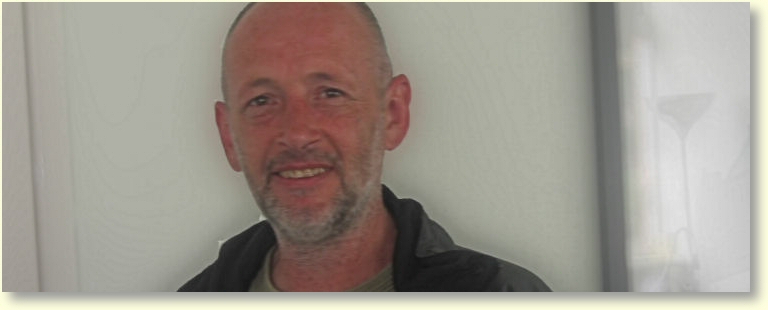Our Man in Blackpool on the Move

Kevin will work with us in a partnership project with Lifeline in Preston
I am a graduate of THOMAS. I came through the programme four years ago. I work for THOMAS as a support/development worker in the THOMAS Academy
I have been working in Blackpool for almost two years and it has been very successful. We have ten clients, male and female with complex issues. They need a lot of work and a lot of care. We have just introduced a new assessment to help us identify their needs, and I am going to do more training for this.
We run a nine months programme. On the first part of this we ask individuals to come into groups and let themselves go. We can see how they interact with others and assess what they need to work on and if they are ready to move on to the next stage. Here on this second phase they will go into college or into the voluntary sector to work where they will look at what skills they need to develop.
The third part of the programme is the most important one. We have noticed that at this stage they need a lot more care. We are getting them ready to let go and they are very nervous; they are more needy. They have done a lot of preparation; they have their own tenancies and they are fearful of letting go. They pay bills, they have no debts, they are looking after themselves and their accommodation, but they find the letting go difficult.
We thought at first that they wouldnít need as much supervision but we now find that they need a bit more. We are coming to see that we need to hold them and let them go gently. Being in a work environment for three or four days doing voluntary work is difficult, and the stress of living a so called normal life is difficult for them.
As an ex-addict myself working with this process of recovery I believe my biggest asset is the identification I have with the addicts. Itís not a specific identification, someone might be struggling in a relationship. Another may be struggling with managing money, or a tenancy and I can identify with that, because I initially struggled with normality. I have that empathy and understanding because I have been through that process and therefore I believe that I have the ability to recognize that. I can help just by listening or pointing them in the right direction; it is the identification of drug abuse. Things also depend on the individual, in my case it was lack of education, no healthy family environment, the culture of society that I was in, drugs, crime and poverty. Being able to identify with issues, not always with major ones, it is sometimes the minor issues that bother them, and they feel that they canít sit down to express themselves properly, such as an interview, buying a bus pass, just small things. I can sit and tell them that I understand because Iíve been there and thatís where the service user feels that I can identify with him and the trust process starts to build as soon as they are aware that I have some drug history, the bond is there automatically. Itís about building on that bond.
They see what I have achieved and they can build on that. It installs hope in them and encourages them. But I tell them that itís not a quick fix, recovery doesnít happen like that overnight, itís a long and painful life journey. Itís about making mistakes, having patience, time, learning from the mistakes; I encourage the service users to go out and do what they have to do even if they make mistakes because that is the only way to learn, to experience the lows as well as the highs in order to find the right balance.